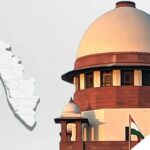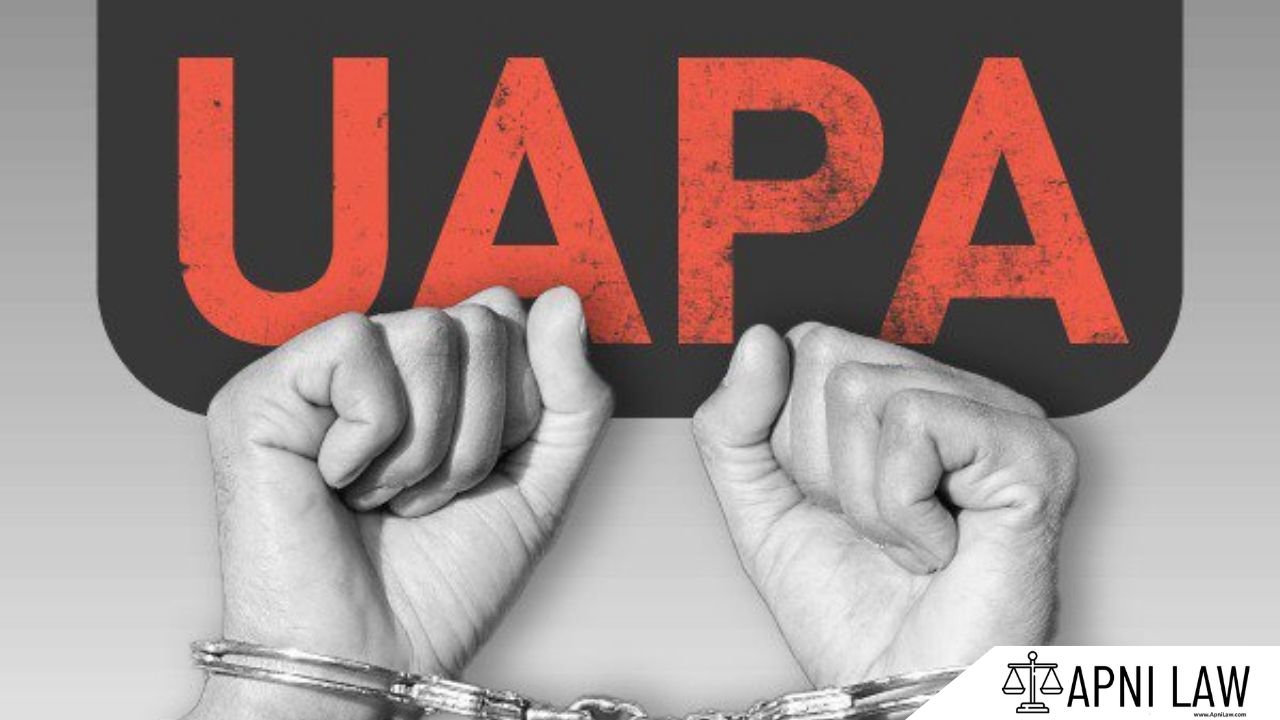Background
The dispute over the Gyanvapi compound involves historical and religious sensitivities dating back centuries. Hindu parties claim that prayers were historically offered in the mosque’s cellar until 1993, while the Muslim side contests these claims, asserting possession over the mosque’s building. Among the claims, Hindu parties argue that an ancient temple structure within the mosque’s premises was destroyed during Aurangzeb’s reign in the 17th century. They seek restoration of the temple and defend their suit based on historical precedence predating the Places of Worship Act.
Legal Battle
In a significant development, the Supreme Court has declined to stay a Varanasi court’s order. They have permitted Hindu priests to conduct puja in the southern cellar of the Gyanvapi Mosque. Despite appeals from Muslim parties, the Court has ordered to maintain status quo. Hence, allowing both Hindu and Muslim prayers to continue until the case is finally decided.
The Court, comprising Chief Justice DY Chandrachud and Justices JB Pardiwala and Manoj Misra, emphasized the importance of maintaining religious worship for both communities while the legal proceedings are underway. This decision underscores the delicate balance between religious rights and legal adjudication.
The dispute over the Gyanvapi compound involves conflicting claims regarding its religious character. Hindu parties argue that Hindu prayers were historically offered in the mosque’s cellar until 1993. While Muslim parties assert continuous possession over the mosque’s building.
The Varanasi court’s order, later upheld by the Allahabad High Court, permitted Hindu puja in the cellar, citing historical evidence and prima facie indications of Hindu prayers at the site since 1551. However, Muslim parties have contested this order, raising concerns about religious discord and encroachment on mosque premises.
during trial
During the Supreme Court hearing, Senior Advocate Huzefa Ahmadi, representing Muslim parties, argued for a stay on the Varanasi court’s order, highlighting potential disruptions to the mosque’s sanctity and the risk of further encroachment by Hindu parties. However, the Court, while acknowledging these concerns, opted to maintain status quo to allow both communities to practice their religious rituals.
Senior Advocate Shyam Divan, representing Hindu parties, argued against intervention by the Supreme Court, citing detailed reasoning in the trial court and high court orders. Divan emphasized that the ongoing legal proceedings do not warrant immediate interference by the apex court.
The Supreme Court’s decision not to stay the Varanasi court’s order reflects its commitment. It is to uphold religious freedoms while adjudicating complex disputes. The case holds broader implications for the interpretation of religious rights. It holds the resolution of historical grievances in India’s legal landscape.
As the legal proceedings continue, the Supreme Court’s stance underscores the importance of maintaining peace and religious harmony, while ensuring fair and transparent adjudication of conflicting claims over religious sites.








